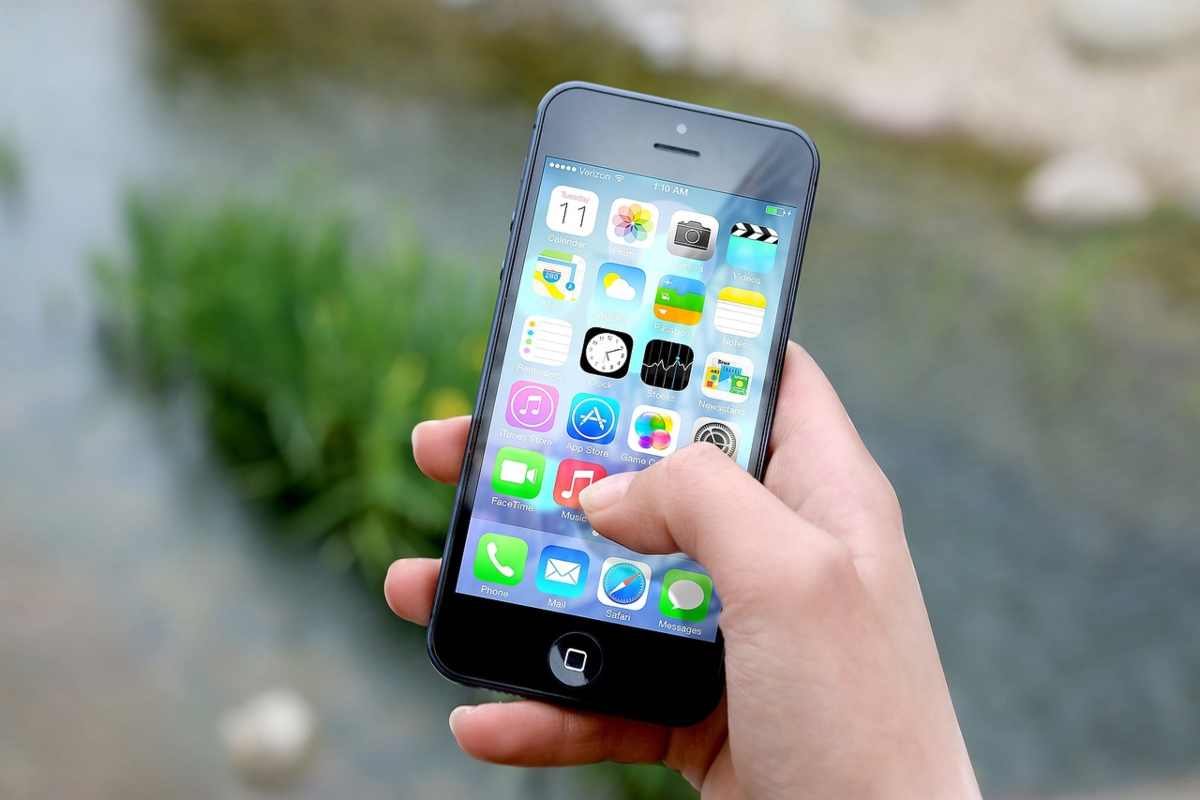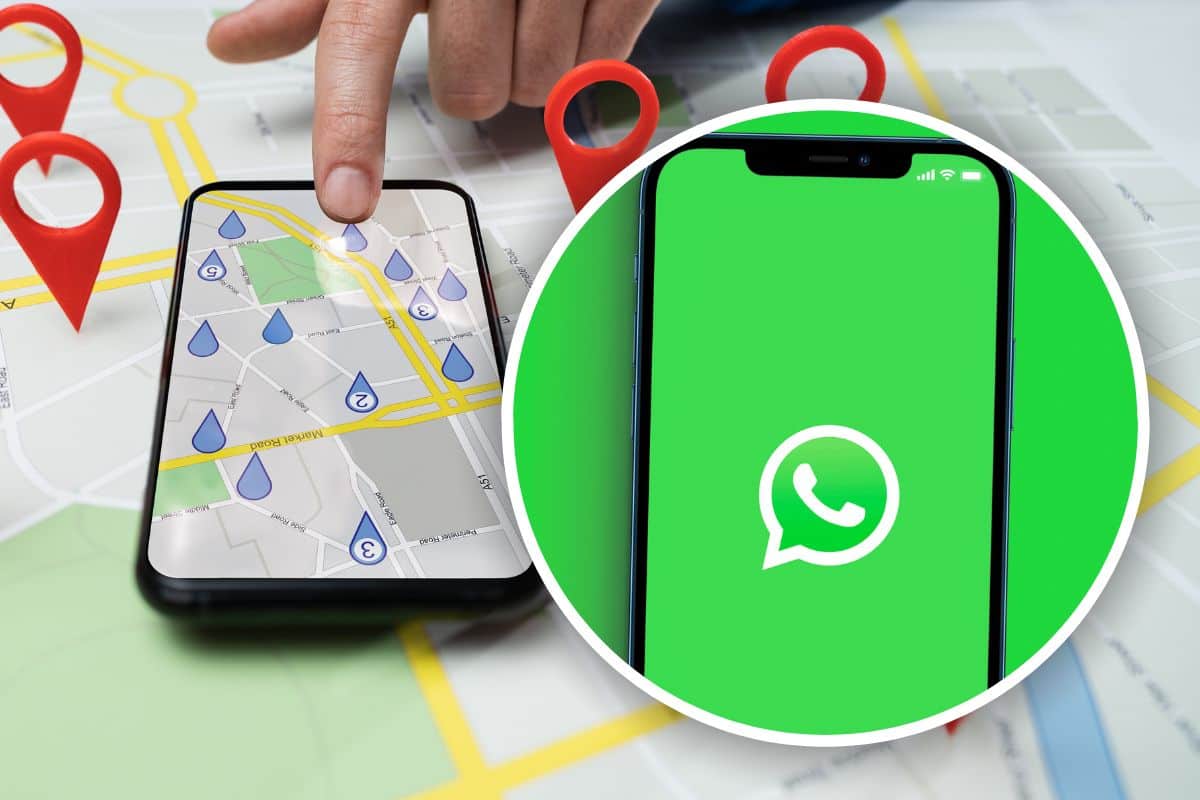With a little care and awareness you can safely browse the App Store and use the most advanced technology without unnecessary risk.
In recent years, Apple’s App Store has become a breeding ground for digital scams. Users, attracted by the popularity of certain applications, may become victims Fake apps that promise amazing features but hide dangerous pitfalls. This phenomenon is especially prevalent among apps that emulate high-demand services
The proliferation of scams through fake apps not only compromises device security, it represents a Threats to user privacy. Fake apps can install malware, monitor browsing activity and collect sensitive data. It is essential to recognize these applications and take preventive measures to avoid serious consequences.
Several fake apps try to imitate one of the most popular services of the moment
Undoubtedly one of the most popular services in recent months chatgptthat It is also available through the official OpenAI app on iPhone or Mac devices. iPhone users can find the official app on the App Store, while Mac users need to download it from the official OpenAI website. Any other version available in the App Store, however, should be considered suspect.
Fake ChatGPT apps often use developer names other than OpenAI. Check the developer name One of the most reliable ways to spot scams is on the app page. Additionally, checking the developer’s profile can provide additional information about the app’s legitimacy.

Another important indicator is user reviews. Fake apps They tend to have a lot of bad reviews, which reports operational problems or suspicious behavior. However, it is essential to distinguish genuine reviews from fake reviews created through click farming techniques to deceive users.
Permissions requested by apps are another key element in identifying their authenticity. An app that asks for unnecessary permissions, such as access to contacts for a simple chat function, is likely fraudulent. This is essential before installing any app Carefully review the requested permissions and evaluate whether they are compatible with the proposed functionality.
The app’s logo and description can reveal more clues about its legitimacy, as well Number of downloads This can be an indicator of an app’s reliability. Applications with a high number of downloads tend to be more secure, as they have been verified and tested by many users Conversely, apps with few downloads can hide errors and should be treated with caution.
at the end, Checking the frequency of app updates is essential. Valid apps are regularly updated to improve features and fix any bugs On the other hand, fake apps often remain unchanged for a long time, indicating a potential scam.














